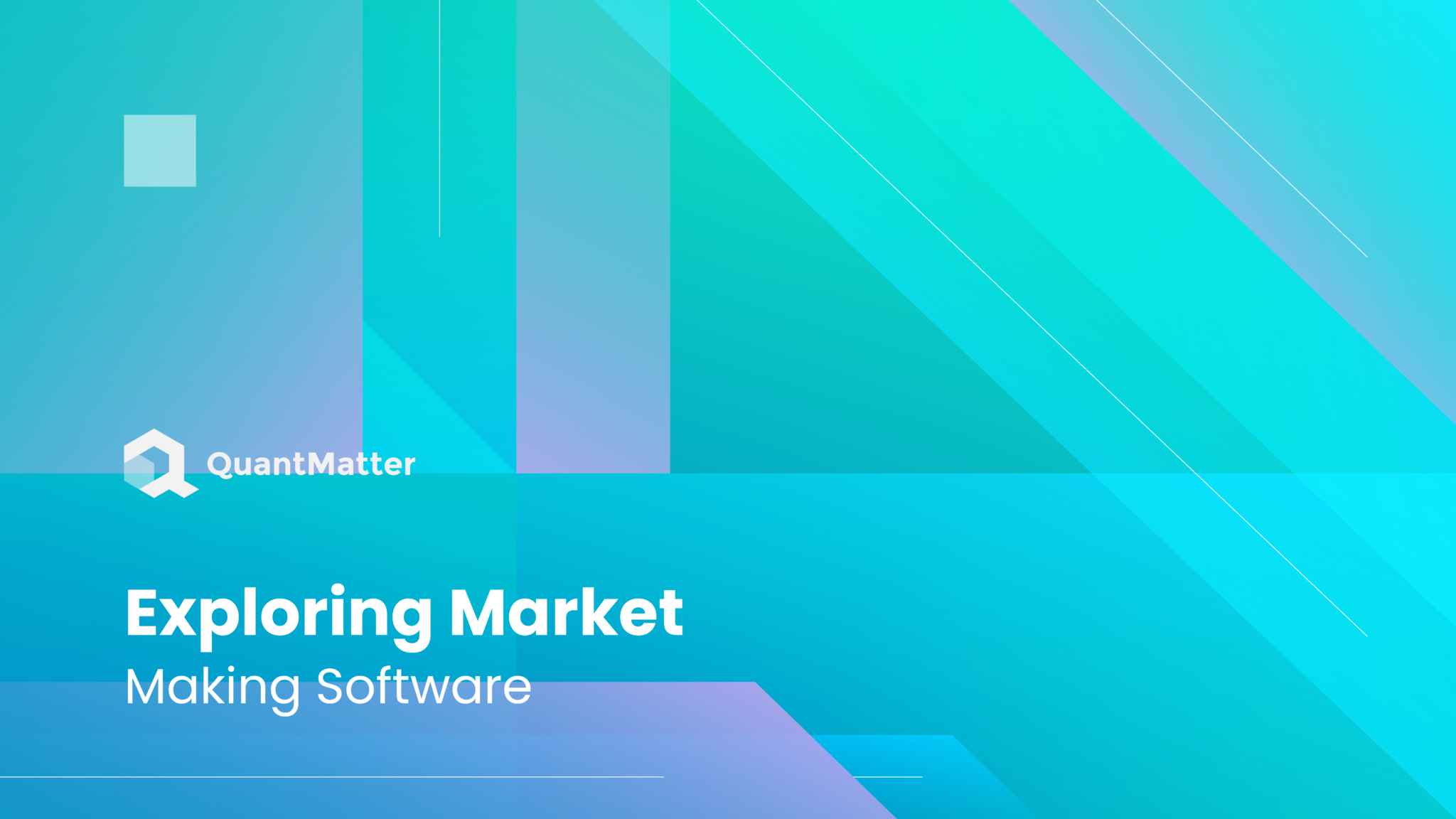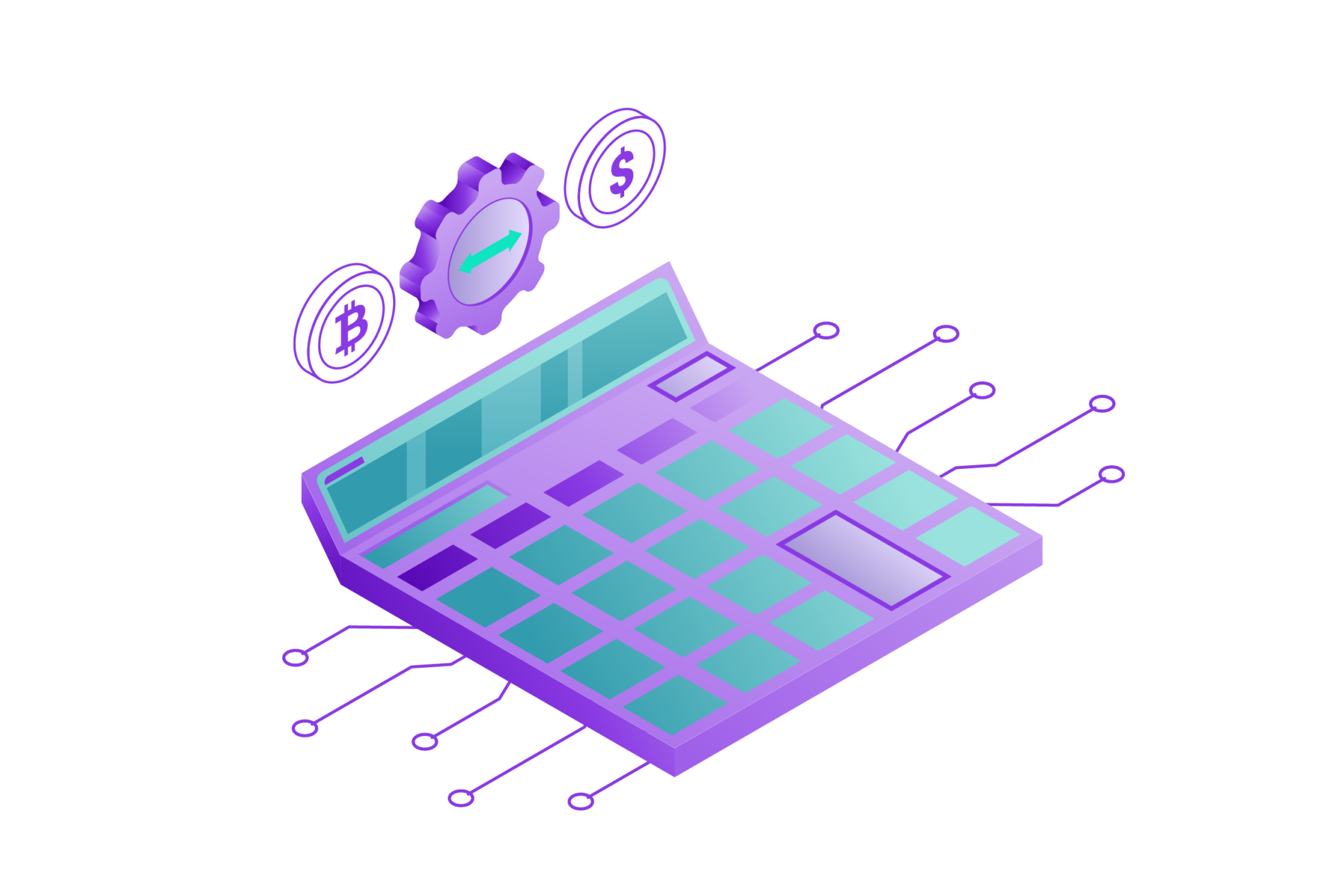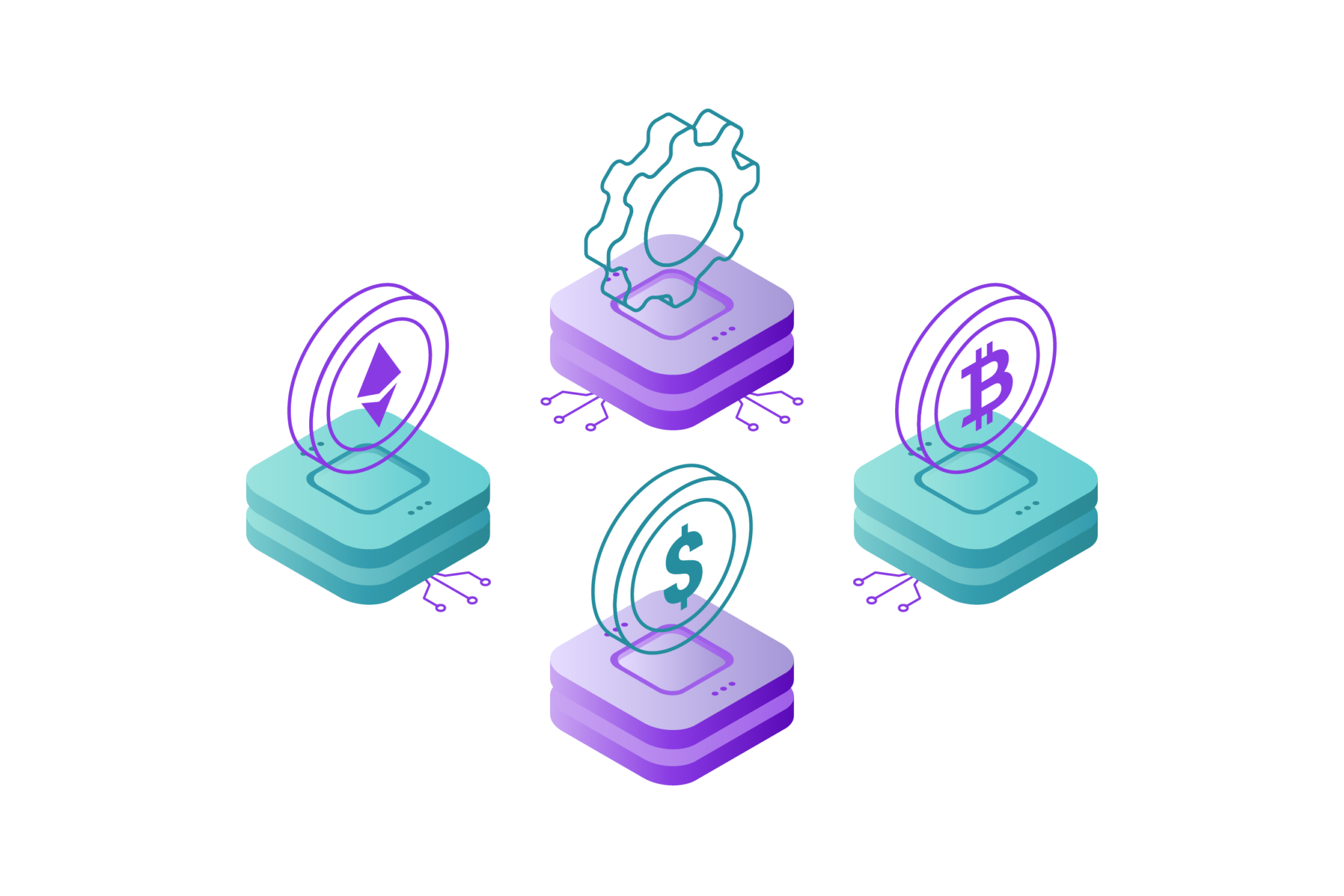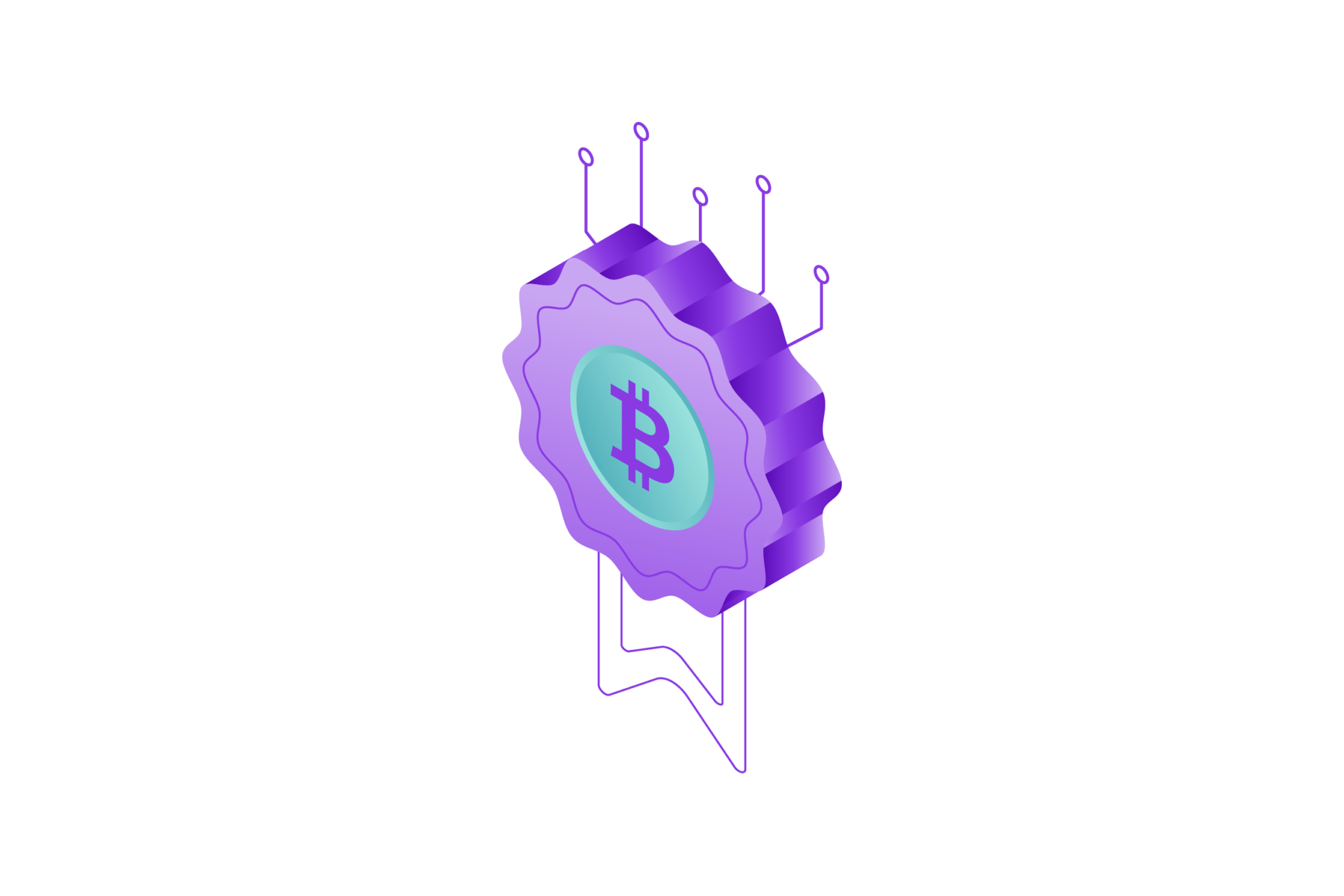
Market making software has emerged as a critical tool for traders and institutions. Market making software, also known as algorithmic trading or high-frequency trading software, plays a pivotal role in providing liquidity to financial markets, ensuring smooth trading operations, and optimizing profits.
This article delves into the world of market making software, exploring its functionality in modern financial ecosystems. Read on to uncover the secrets behind market making software and discover how market making software is shaping the future of trading.
About Market Making Software

Market making is a trading strategy employed by financial institutions to buy and sell financial assets, such as stocks, bonds, commodities, and cryptocurrencies, with the aim of profiting from the spread between bid and ask prices. Market makers continuously quote both buy and sell prices for an asset and profit from the price difference, all while facilitating trading by providing liquidity to the market. This activity reduces the bid-ask spread and enhances market efficiency.
Market making software is a specialized form of algorithmic trading software that serves as the linchpin of liquidity provision in financial markets. Financial institutions and trading firms employ this software to engage in market making activities, involving the continuous buying and selling of various financial assets. Its core functions revolve around real-time data analysis, employing sophisticated algorithms for automated trading, and robust risk management.
These algorithms enable market makers to react to market changes within microseconds, effectively narrowing bid-ask spreads and stabilizing prices. Market making software plays an instrumental role in enhancing market efficiency and accessibility, allowing traders to execute transactions quickly and efficiently.
The field continues to evolve with advancements in technology, pushing the boundaries of speed and precision in modern financial markets. However, its use is also subject to regulatory oversight to ensure fair and transparent trading practices.
Also Read: Market Making: Strategies and Techniques (August 2023)
The Role of Market Making Software

Market making software is the backbone of modern financial markets. It provides the liquidity and stability necessary for efficient trading, ensures fair pricing, and supports a wide array of financial instruments. Market making software has become indispensable for executing market making strategies efficiently. Here’s how it functions:
Providing Liquidity
One of the primary roles of market making software is to provide liquidity to financial markets. Liquidity is the ease with which an asset can be bought or sold without significantly affecting its price. Market makers achieve this by continuously quoting both buy and sell prices for various assets.
This presence of readily available buy and sell orders ensures that there’s always a counterparty available for traders, which in turn reduces bid-ask spreads and enhances market liquidity.
Efficiency Enhancement
Market making software contributes to the overall efficiency of financial markets. By maintaining tight spreads and facilitating smooth trading, it helps prevent extreme price swings and market disruptions.
Efficient markets are essential for fair and transparent trading, attracting a wider range of participants, and promoting investor confidence.
Market Stability
Market makers play a crucial role in stabilizing markets. During periods of high volatility or uncertainty, they continue to provide liquidity, preventing wild price fluctuations and panic selling. This stability is vital for long-term investors and can prevent market crashes or flash crashes.
Price Discovery
Market making software assists in the price discovery process. When there’s a lack of trading activity or an absence of market makers, price discovery can become inefficient. Market makers ensure that assets are continuously priced, reflecting current supply and demand dynamics.
Risk Management
Effective risk management is integral to the role of market making software. These systems incorporate risk controls to manage exposure and minimize potential losses.
By carefully monitoring and adjusting their positions in real-time, market makers aim to maintain a balanced portfolio and mitigate risks associated with price movements.
Also Read: Market Maker Options: Definition and How They Make Money
Benefits of Market Making Software

Market making software plays a pivotal role in the financial ecosystem by enhancing liquidity, stabilizing prices, reducing transaction costs, and providing market accessibility. These benefits not only support traders and investors but also contribute to the overall efficiency and integrity of financial markets.
Here’s a closer look at the benefits it provides:
Enhanced Liquidity
One of the primary benefits of market making software is its ability to enhance liquidity in financial markets. Market makers using this software continuously provide buy and sell quotes for assets, ensuring that there is a counterparty available for every trade.
This presence of liquidity reduces the bid-ask spread, making it easier and more cost-effective for traders to execute transactions.
Tight Bid-Ask Spreads
Market making software narrows the bid-ask spreads for assets. A narrower spread means that traders can buy at a slightly lower price and sell at a slightly higher price, which translates to cost savings for market participants. Tight spreads are particularly important for high-frequency traders looking to profit from small price differentials.
Price Stability
Market makers help stabilize prices in financial markets. During periods of high volatility or market stress, they continue to provide liquidity and execute trades. This prevents abrupt and excessive price fluctuations, reducing the risk of panic selling or buying, which can destabilize markets.
Efficient Price Discovery
Market making software contributes to efficient price discovery. By continuously updating buy and sell prices based on supply and demand dynamics, market makers ensure that assets are fairly priced.
Efficient price discovery is essential for valuing assets accurately and making informed investment decisions.
Increased Market Accessibility
The presence of market making software makes financial markets more accessible to a wider range of participants. Traders and investors can enter and exit positions with ease, knowing that there’s a reliable source of liquidity.
This accessibility encourages broader market participation.
Conclusion
Market making software has transformed the landscape of financial markets, offering unparalleled speed, efficiency, and liquidity. Its role in providing market stability and enhancing trading opportunities cannot be overstated.
As technology continues to advance, the world of market making will evolve further, necessitating a delicate balance between innovation and regulation to ensure the continued integrity and efficiency of financial markets. Market making software, in the right hands and under appropriate oversight, will likely remain a powerful force in modern finance, shaping the future of trading and investment. However, what do you think? Do you agree?
Disclaimer: The information provided by Quant Matter in this article is intended for general informational purposes and does not reflect the company’s opinion. It is not intended as investment advice or a recommendation. Readers are strongly advised to conduct their own thorough research and consult with a qualified financial advisor before making any financial decisions.

I craft stories that make complex ideas clear. I simplify the blend of data science, machine learning, and crypto trading, showcasing how advanced tech and quantitative models analyze data for informed trading choices. Join me in exploring the realm of quantitative trading, where my narratives make intricate concepts easy to grasp.
- Alifia Berizkyhttps://quantmatter.com/author/alifia-berizky/
- Alifia Berizkyhttps://quantmatter.com/author/alifia-berizky/
- Alifia Berizkyhttps://quantmatter.com/author/alifia-berizky/
- Alifia Berizkyhttps://quantmatter.com/author/alifia-berizky/
